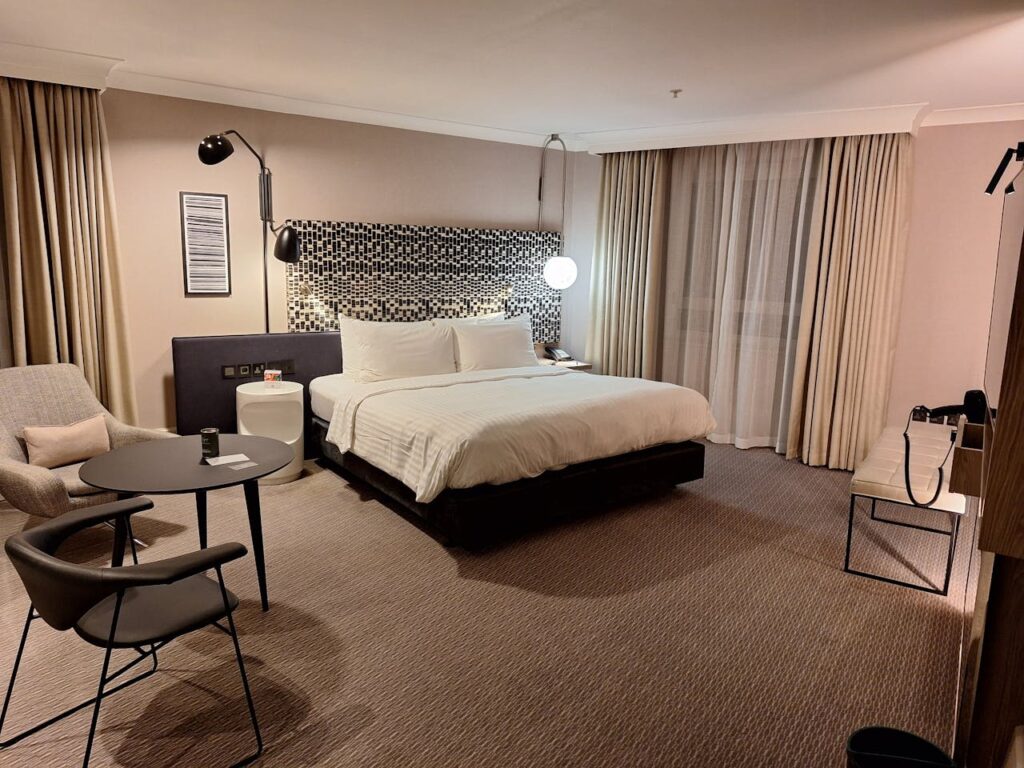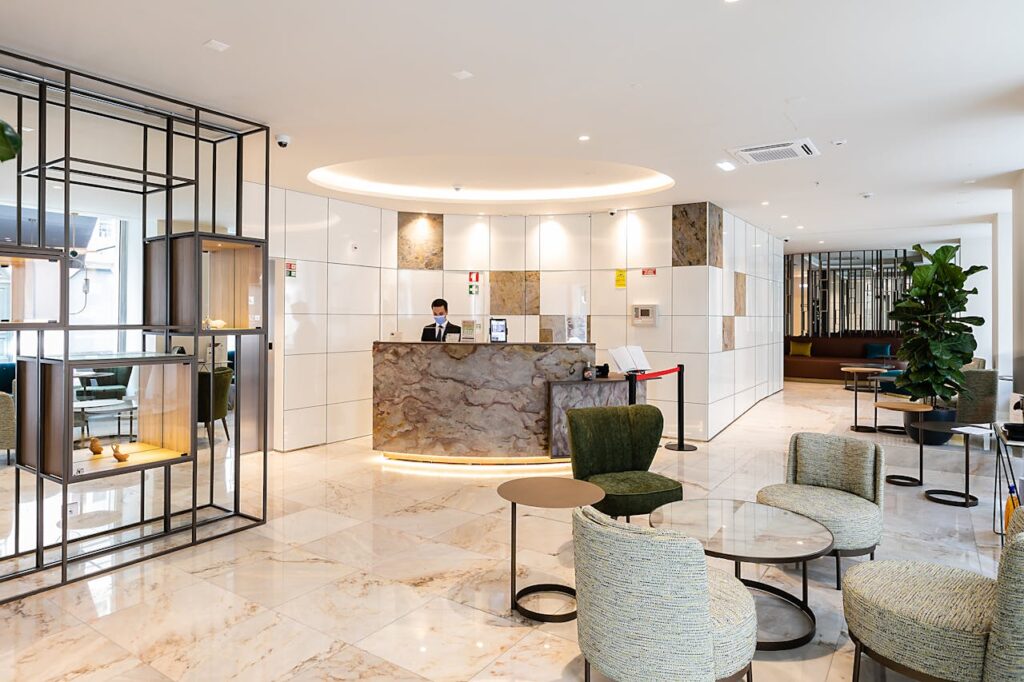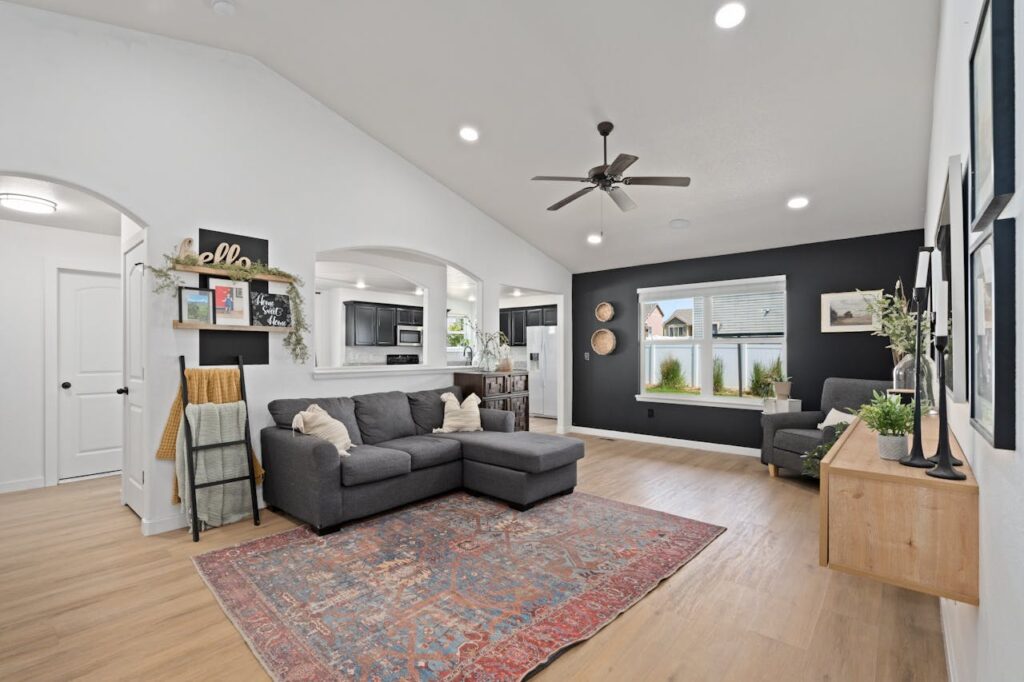7 Proven Steps to Master Airbnb Arbitrage and Earn Passive Income Fast
Table of Contents
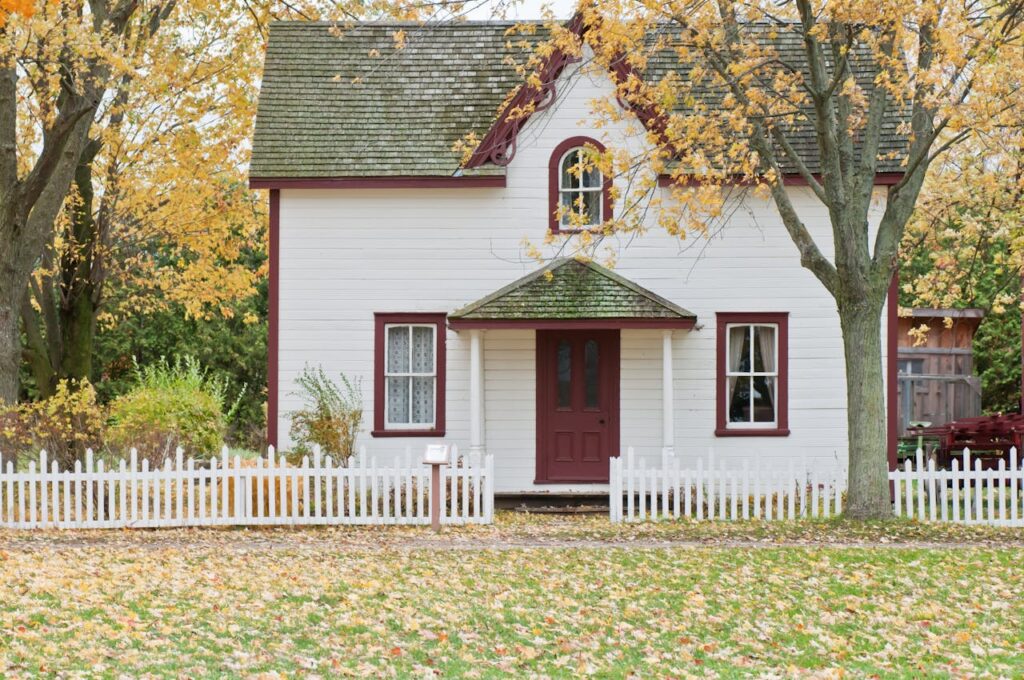
Introduction
Airbnb arbitrage is the lucrative strategy of renting properties long-term and subleasing them as short-term vacation rentals—without owning real estate. In 2025, with rising travel demand and flexible remote work trends, this model offers a low-barrier entry to passive income. By mastering the right approach, you can turn rental agreements into profitable airbnb listings with minimal upfront costs. This guide reveals 7 proven steps to help you secure ideal properties, negotiate favorable leases, optimize listings, and automate operations for consistent cash flow. Whether you’re a side hustler or aspiring entrepreneur, these actionable insights will fast-track your airbnb arbitrage success.
Step 1: Understand the Airbnb Arbitrage Model
Airbnb arbitrage involves renting properties long-term from landlords at below-market rates, then subletting those spaces on Airbnb for higher nightly fees, creating profit margins without property ownership or massive capital investment. This business model works particularly well for ambitious side hustlers seeking additional income streams, digital nomads who understand travel patterns and guest preferences, and real estate beginners who want to learn the hospitality industry without traditional property investment risks. However, success requires careful market research, landlord cooperation, local regulation compliance, and consistent guest management, while potential downsides include vacancy periods, property damage costs, and the ongoing responsibility of maintaining hospitality standards that can quickly turn this seemingly passive income into active business management.
Step 2: Research Profitable Locations
Researching profitable locations is critical for successful Airbnb arbitrage. Use tools like AirDNA and Mashvisor to analyze demand, occupancy rates, and average daily rates in potential markets. Ideal locations feature strong tourism, business hubs, or event-driven demand, such as cities like Nashville or Charleston, where high daily rates and consistent bookings thrive. Flexible local regulations are essential—ensure short-term rentals are permitted and non-owner-occupied properties face minimal restrictions. Investigate local laws to avoid fines or bans, confirming subletting is allowed in lease agreements. Targeting high-demand areas with favorable policies maximizes profitability and ensures a sustainable Airbnb arbitrage venture.

Step 3: Find the Right Property
When starting Airbnb arbitrage, choosing the right property is crucial to your success. Focus on compact, cost-effective spaces like studios or 1BHK units in high-demand areas, or entire homes in tourist-friendly neighborhoods. Look for properties with a good layout, easy accessibility, and located in safe, well-connected areas. These factors directly influence guest satisfaction and booking rates. When approaching landlords, be professional and transparent. Explain that you’ll maintain the property well, ensure steady rent payments, and treat it like a business. For example, say, “I run a short-term rental business through Airbnb arbitrage and ensure the property remains in top condition.”
Step 4: Secure Permissions & Legal Compliance
One of the most critical steps in airbnb arbitrage is ensuring full legal compliance to protect your business. Always secure written permission from the property owner, explicitly allowing short-term subletting—verbal agreements won’t hold up in disputes. Work with a lawyer to draft a clear subletting clause in your lease, covering liability, maintenance responsibilities, and revenue-sharing terms if applicable. Research local regulations, as many cities require permits, occupancy taxes, or even ban STRs in certain zones. Factor in insurance (like commercial liability coverage) and tax obligations to avoid fines or eviction. Proactive legal groundwork separates successful airbnb arbitrage operators from risky ventures.
Step 5: Furnish & Brand Your Property
Smart furnishing strategy becomes crucial for Airbnb arbitrage success, where maximizing profit margins requires balancing cost-effectiveness with guest appeal that drives higher rates and stellar reviews. Source furniture from IKEA’s modern collections, Facebook Marketplace deals, and local thrift stores to create stylish spaces without breaking your budget, while focusing on comfort essentials like quality mattresses, blackout curtains, and reliable WiFi that guests consistently mention in reviews. Develop a cohesive theme such as minimalist Scandinavian for urban properties, cozy cabin vibes for suburban homes, or sleek business-friendly setups for corporate travelers, then carry this branding through every detail from color schemes to amenity selection, creating memorable experiences that justify premium pricing and generate repeat bookings essential for sustainable arbitrage profits.

Step 6: List Like a Pro on Airbnb
Crafting a high-converting listing is key to Airbnb arbitrage success. Write a catchy headline highlighting unique features, like “Cozy Downtown Loft Near Attractions.” Use a detailed, engaging description to showcase amenities, nearby hotspots, and guest benefits. Professional, well-lit photos of the space are essential to attract bookings. Implement dynamic pricing tools like Beyond Pricing to adjust rates based on demand, ensuring competitiveness. Set clear booking rules, update the availability calendar regularly, and choose between instant booking for convenience or request-based booking for control. A polished, strategic listing maximizes occupancy and profitability in your Airbnb arbitrage venture.
Step 7: Manage, Scale & Automate
Effective management and automation are crucial for scaling an Airbnb arbitrage business. Daily tasks include arranging professional cleaning, prompt guest communication, and seamless check-ins, ideally using keyless entry systems. Tools like Hospitable streamline messaging, Turno schedules cleanings, and Pricelabs optimizes dynamic pricing for maximum revenue. To scale, start with one property, refine operations, then add units in high-demand areas with strong profitability, ensuring lease agreements allow subletting. Automating repetitive tasks saves time, allowing focus on expansion. By mastering management and leveraging automation tools, your Airbnb arbitrage venture can grow efficiently, generating consistent passive income with minimal hands-on effort.
Bonus Tips
In Airbnb arbitrage, handling bad guests professionally is essential—set clear house rules, use security deposits, and install smart locks or noise monitors for safety. For 5-star reviews, focus on clean spaces, quick communication, and thoughtful touches like welcome kits or local snacks. Always respond promptly and resolve issues quickly to leave a lasting impression. To increase earnings, offer upsells like airport pickup, guided tours, or local experiences that enhance the guest’s stay. These small services can significantly boost your income and guest satisfaction, helping your Airbnb arbitrage business stand out in a competitive market.
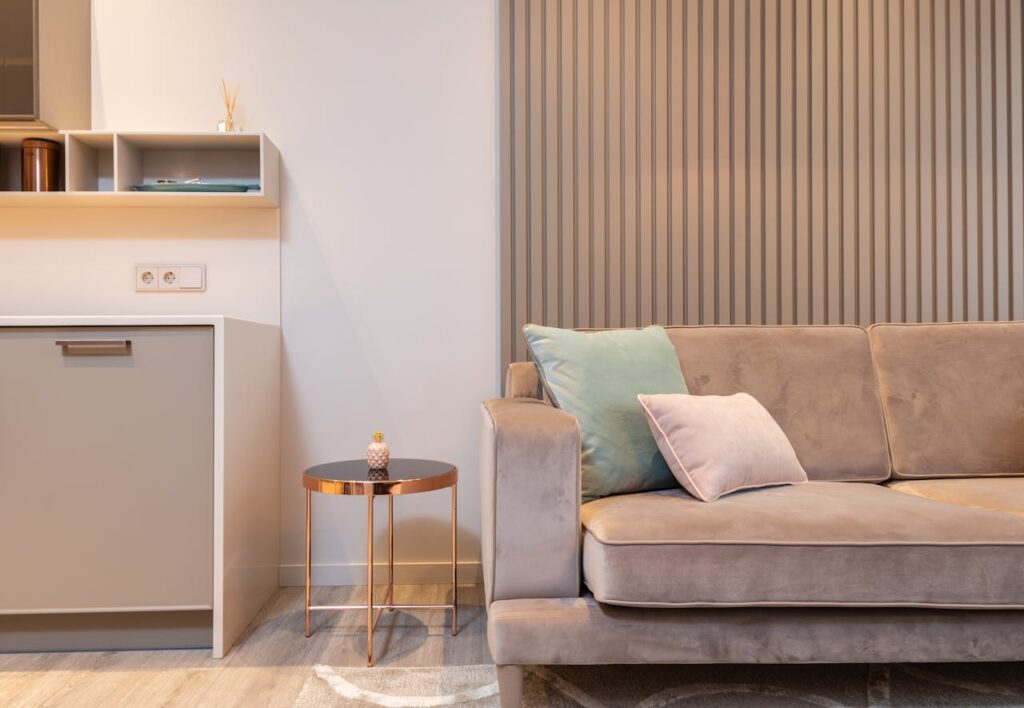
Conclusion
Mastering airbnb arbitrage is within your reach by following these 7 steps—from securing the perfect property and landlord approval to optimizing listings and automating operations. This model offers a powerful way to generate passive income in 2025’s booming short-term rental market, with minimal upfront investment compared to traditional real estate. Ready to take action? Download our free airbnb arbitrage checklist to streamline your launch, or join our newsletter for exclusive tips on maximizing bookings and profits. The opportunity is here—start building your profitable airbnb arbitrage business today and turn rentals into recurring revenue!
Q&A Section
Q1: Do I need to own property for Airbnb arbitrage?
A: No, you don’t need to own property. Airbnb arbitrage works by renting a property from a landlord and then subletting it on Airbnb with their permission.
Q2: Is Airbnb arbitrage legal in India (or my country)?
A: It depends on local laws and rental agreements. Always check municipal regulations and get written consent from landlords to avoid legal trouble.
Q3: How much money do I need to start Airbnb arbitrage?
A: Startup costs typically range from ₹50,000 to ₹2 lakhs, depending on rent, furnishing, and setup. It’s much cheaper than buying property.
Q4: What if my Airbnb doesn’t get enough bookings?
A: Choose high-demand locations, use professional photos, competitive pricing, and marketing tools. Slow periods happen, so always budget for off-seasons.
Q5: Can I scale Airbnb arbitrage into a full-time business?
A: Yes! Many hosts manage multiple units and outsource operations like cleaning and guest communication, turning Airbnb arbitrage into a profitable business.

If you found these 7 proven steps to master Airbnb arbitrage helpful for launching your passive income journey, don’t forget to like and share this post for more expert tips on building a successful short-term rental business. From finding the perfect property to scaling your Airbnb listings, this guide blends strategy, negotiation, and automation—perfect for aspiring hosts and side hustlers. Have you tried Airbnb arbitrage or discovered smart ways to boost bookings and profits? Share your experiences, challenges, or insider tips in the comments to inspire fellow entrepreneurs!
Stay connected for more insights, tips, and inspiration! Follow us now!
Explore More Tips and Guides
If you’re looking for more hospitality & travel inspiration, check out our other posts:


